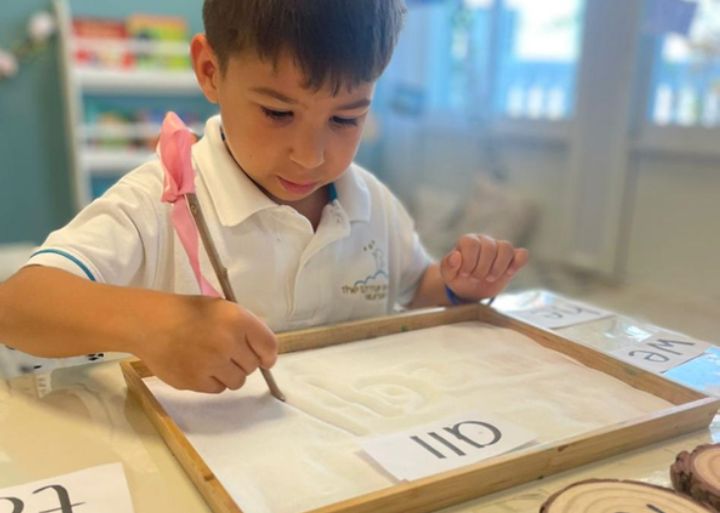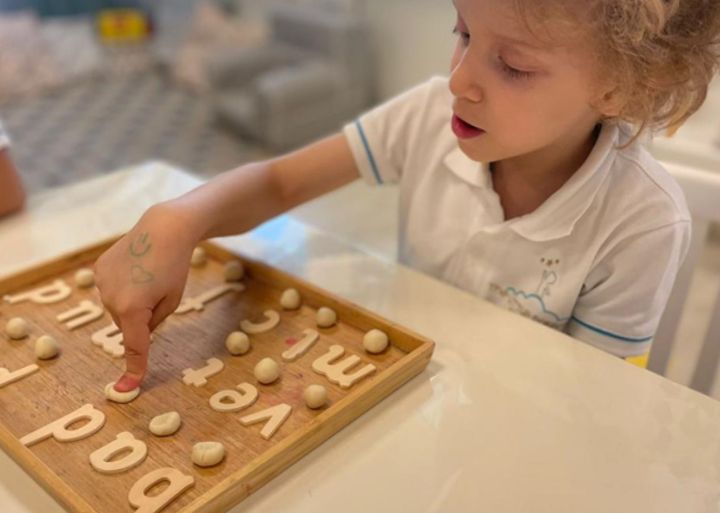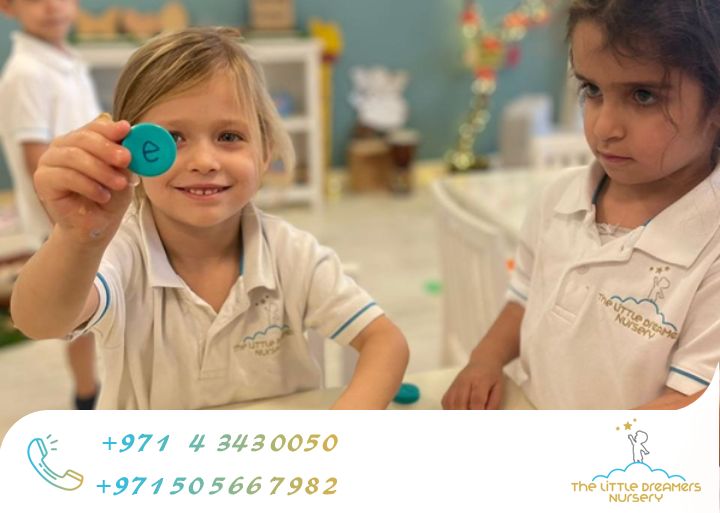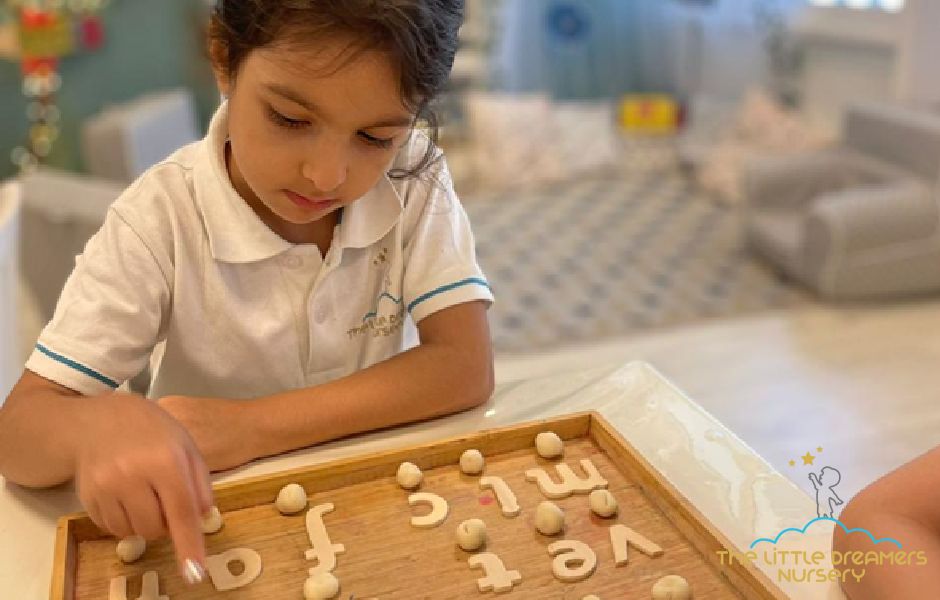Phonics is a crucial foundation for developing reading skills in young children. It helps them understand the relationship between sounds and letters, enabling them to decode words and comprehend written language. Engaging in fun and interactive phonics activities for early readers can make learning enjoyable and effective for them.
Are you eager to help your child develop a strong foundation in phonics and become a confident reader? If so, you’ve come to the right place! In this article, we will explore a variety of fun and engaging phonics activities that you can do with your child at home. From letter recognition games to rhyming activities and beyond, there’s something for every child to enjoy.
Why is Phonics Important?
Phonics helps children break down unfamiliar words into smaller, manageable sounds, allowing them to decode and read them accurately. Also, a strong phonics foundation leads to more fluent reading, as children can recognize words quickly and automatically.
Furthermore, understanding phonics enables children to focus on the meaning of what they are reading, rather than struggling with decoding individual words.

Beginning Phonics Activities
Some of the best phonics activities for early readers are:
- Letter Recognition and Sound Association
- Alphabet Songs and Rhymes: Sing catchy alphabet songs to introduce letters and their corresponding sounds.
- Letter Matching Games: Create matching games where children have to find the letter that matches a given sound.
- Letter Puzzles: Use letter puzzles to help children recognize and identify different letters.
- Sound-to-Word Correspondence
- Picture-Word Matching: Show children pictures and ask them to match them with the corresponding word.
- Word Building: Provide children with letter tiles and ask them to build words based on given sounds.
- Beginning Sound Bingo: Create a bingo game where players have to find words that start with a specific sound.
- Rhyming
- Rhyming Stories: Read stories that contain rhyming words and ask children to identify the rhyming patterns.
- Rhyme Games: Play rhyming games like “I Spy” or “Rhyme Time” to reinforce rhyming skills.
- Rhyming Puzzles: Create puzzles where children have to match rhyming words.
- Blending Sounds
- Sound Blending Games: Play games where children have to blend individual sounds to form words.
- Syllable Clap: Have children clap each syllable in a word to practice blending sounds.
- Word Building with Sound Cards: Use sound cards to help children blend sounds and form words.
- Segmenting Words
- Word Segmentation Games: Play games where children have to break words into individual sounds.
- Sound Boxes: Use sound boxes to help children segment words into their component sounds.
- Syllable Counting: Have children count the syllables in words to practice segmentation.

Beginning Phonics Readers Tips
Once children have a solid foundation in phonics, they are ready to start reading simple books. Here are some tips for choosing and using beginning phonics readers:
- Choose books with simple vocabulary and repetitive sentence structures.
- Start with books that have a limited number of words per page.
- Encourage children to sound out words they don’t know.
- Read the books aloud together and discuss the story.
- Use props and visuals to enhance comprehension.
- Create a literacy-rich environment at home.
- Read aloud to your child every day.
- Encourage your child to write and draw.
- Play word games and puzzles.
- Use technology to support phonics learning.
Benefits of Phonics Activities
Doing the mentioned phonics activities for early readers can bring these benefits:
- Improved reading skills: Phonics activities help children develop the ability to decode words and read fluently.
- Enhanced comprehension: A strong foundation in phonics enables children to better understand what they are reading.
- Increased confidence: Engaging in phonics activities helps children build confidence in their reading abilities.
- Lifelong learning: A love for reading developed through phonics activities can set children up for lifelong learning.

Conclusion
Phonics is a fundamental building block for reading success. By incorporating fun and engaging phonics activities into your child’s learning routine, you can help them develop a strong foundation and become confident readers.
At The Little Dreamers Nursery, we understand the importance of phonics education. Our experienced teachers use a variety of phonics activities to foster early reading skills in our young learners. We believe that by nurturing a love for reading from a young age, we can set our children up for lifelong success.
For more information about our methods and phonics activities, contact us.








